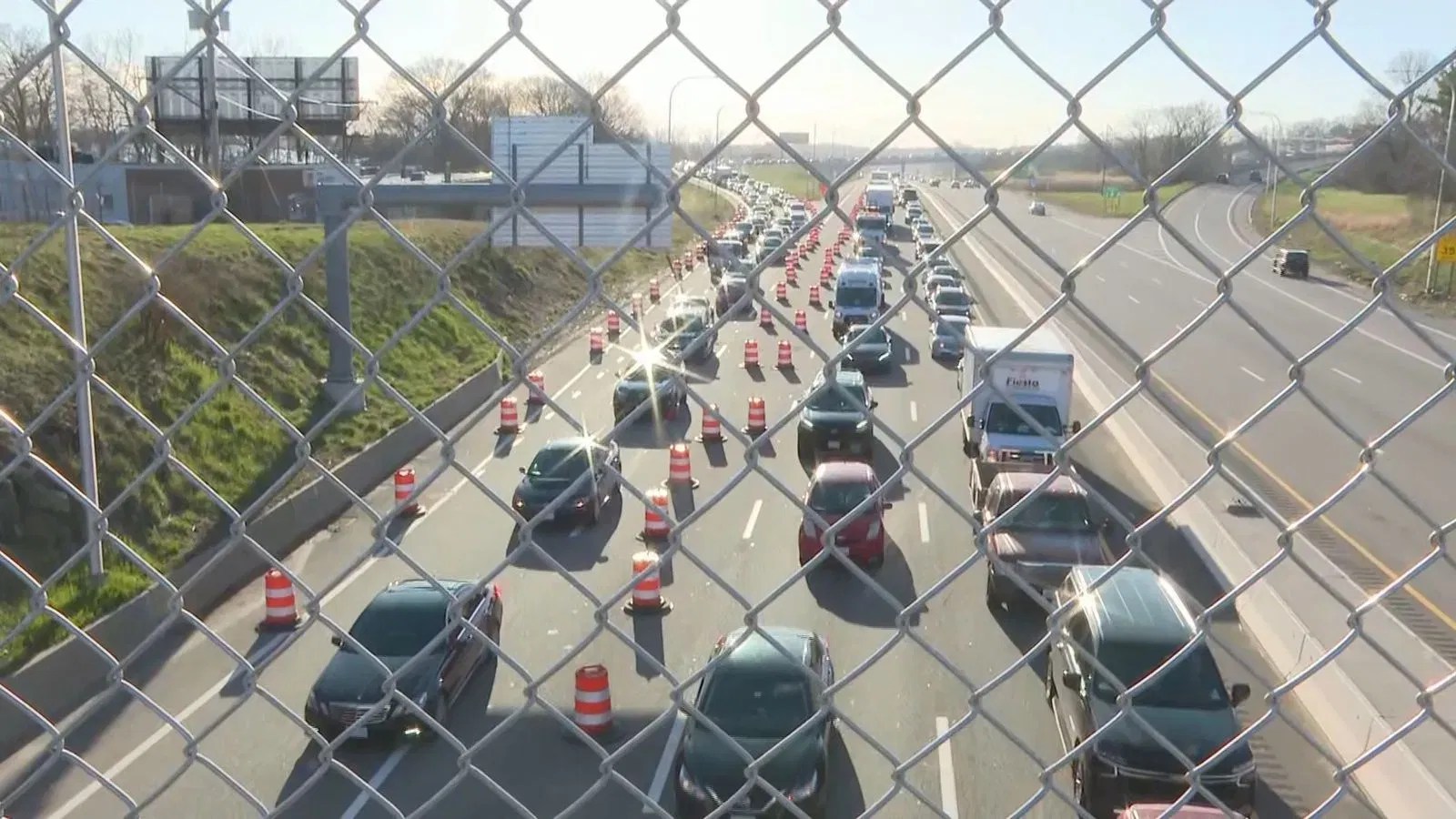(NECN: Jack Thurston, Colchester, Vt.) - "There are people losing their savings," sighed Joseph Flora of Milton, Vt. "If they get one of these calls, just hang up the phone!"
When Flora heard the warning Thursday from Vermont's Attorney General about Jamaica's area code 876, home to what law enforcement described as a sophisticated ring of con artists, the message hit home. "There's the notorious phone number," he said, pointing to his caller ID displayer showing an 876 cell phone number from a May 9 call he received.
Flora said that 876 call told him to wire money to collect winnings for a lottery he never entered. The homeowner recorded the call and shared it with New England Cable News. When he refused to send cash, Flora remembers the conversation turned ugly.
Flora said he was threatened; first that he'd get ratted out to the IRS, then beaten up if he didn't comply with the woman Flora labeled an obvious scammer. "To me, that's extortion," he told NECN.
"It's estimated that each day, 30,000 telephone calls are made from area code 876 into the United States as part of phone scams," Attorney General Bill Sorrell, D-Vt., told reporters at a press conference Thursday. "Is Vermont immune from the 876 scams? Hardly."
At that event, co-hosted by the phone company Fairpoint Communications, the Rutland, Vt. Police Dept., and AARP Vermont, Sorrell noted those callers from the 876 area code are bilking Americans out of around $300-million a year. Sorrell's office has heard from hundreds of victims over the past few years, most claiming losses ranging from several hundred to several thousand dollars. The victims tend to tell consumer advocates they were taken in by a combination of slick talk, good acting, and bullying, Sorrell explained.
We decided to call the Jamaican number that contacted Joseph Flora. After we thought we were greeted by a man summoning someone else to the phone, we heard coughing, barking dogs, and a request to stay on the line.
Local
After we got disconnected, we called back, only to learn the whole thing was a recording. Because the second time around, we heard the same exact greeting, the same coughing, the same barking dogs, and the same request to stay on the line. We hung up, never getting the chance to speak to a real person or ask an alleged con artist about their activities.
Sorrell said while we were holding, the Jamaicans could've been researching our phone number to figure out if they had ever been able to dupe us before. "They were probably deeply suspicious," he said, explaining why they may not have answered if our phone number didn't match one in their directory.
Sorrell called our discovery of the strange recording "no surprise at all," and proof of why consumers should stay away from area code 876 and other too-good-to-be-true phone calls.
As for Joseph Flora, he vowed to never fall for any phone scam. "Don't give out any information," he told other consumers.
For more information on the family of scams originating from the 876 area code, including ways you can protect yourself, visit this website.



